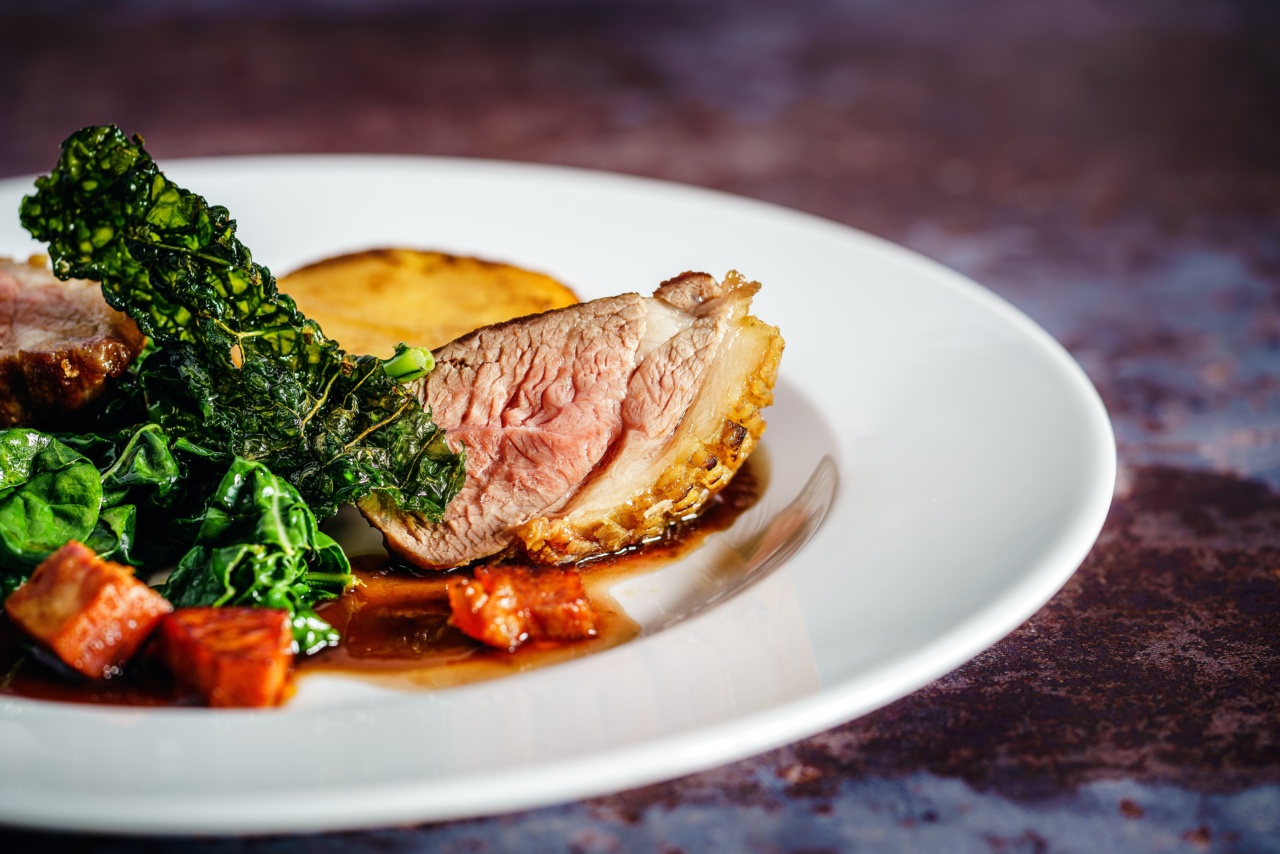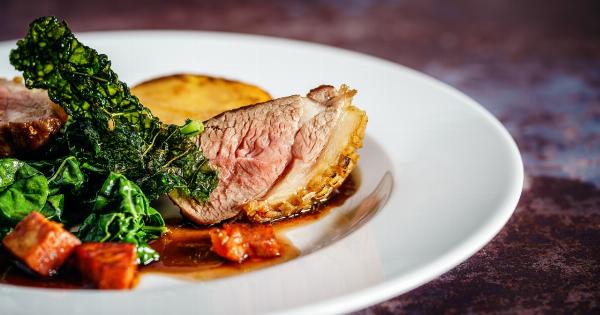Red meat is a popular food choice worldwide due to its rich taste and nutritional value.
However, there has been growing concern about the potential health risks associated with its consumption, particularly in relation to the development of breast cancer. Breast cancer is the most common type of cancer in women, making it a significant public health issue.
This article aims to explore the link between red meat consumption and breast cancer development, examining the available evidence and discussing potential mechanisms.
Understanding Breast Cancer
Breast cancer is a malignancy that develops in the breast cells. It occurs when abnormal cells in the breast grow and divide uncontrollably, forming a tumor. There are various types of breast cancer, with different characteristics and behaviors.
Common risk factors for breast cancer include age, family history, genetics, hormonal factors, and lifestyle choices.
The Role of Red Meat in Breast Cancer Development
Several studies have investigated the association between red meat consumption and breast cancer risk.
While the results are not conclusive, there is evidence suggesting that high consumption of red meat may increase the likelihood of developing breast cancer.
Epidemiological Studies
Epidemiological studies aim to examine the relationship between the dietary habits of individuals and their risk of developing breast cancer.
Several large-scale studies have been conducted to explore the potential association between red meat consumption and breast cancer development.
Findings from Epidemiological Studies
The findings from these studies have been mixed. Some studies have reported a positive association, indicating that higher red meat consumption is associated with an increased risk of breast cancer.
For example, a study published in the International Journal of Cancer found that postmenopausal women who consumed high amounts of red meat had a higher risk of developing hormone receptor-positive breast cancer.
On the other hand, other studies have not found a significant association between red meat consumption and breast cancer development.
A meta-analysis published in the British Journal of Cancer analyzed data from 21 prospective studies and concluded that there was no consistent evidence to support the hypothesis that red meat intake is associated with an increased risk of breast cancer in women.
Potential Mechanisms
The mechanisms through which red meat consumption may contribute to breast cancer development remain unclear. However, several hypotheses have been proposed:.
Hormonal Factors
Red meat, especially processed red meat, contains high levels of exogenous hormones, such as estrogen.
It is suggested that these hormones may play a role in breast cancer development, as increased exposure to estrogen has been associated with an elevated risk of breast cancer.
High Fat Content
Red meat is often high in saturated fats, which have been linked to increased inflammation and oxidative stress in the body. Chronic inflammation and oxidative stress are believed to promote the development of various cancers, including breast cancer.
Heterocyclic Amines and Polycyclic Aromatic Hydrocarbons
Cooking red meat at high temperatures can lead to the formation of heterocyclic amines (HCAs) and polycyclic aromatic hydrocarbons (PAHs).
These compounds are known carcinogens, and their consumption has been associated with an increased risk of cancer, including breast cancer.
Conclusion
Although the evidence linking red meat consumption with breast cancer development is not entirely conclusive, there is a growing body of research suggesting a potential association.
It is important to consider the overall dietary pattern and lifestyle choices when assessing individual breast cancer risk. Reducing red meat consumption, particularly processed red meat, and incorporating a balanced and varied diet may be a prudent approach to reduce the risk of breast cancer.




























